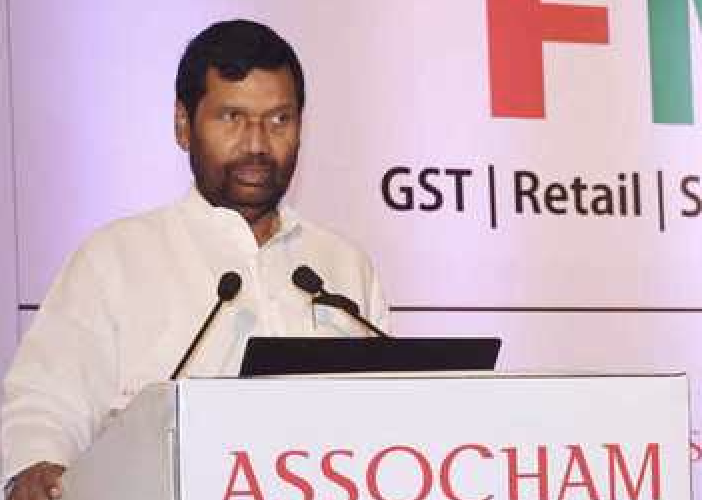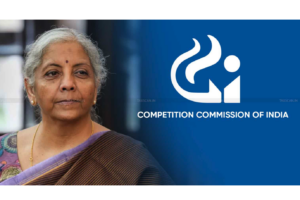
Apex industry body ASSOCHAM has urged the centre for speedy implementation of Direct Selling Guidelines notified by Union Government’s Department of Consumer Affairs in 2016 to facilitate ease of doing business in this sector. For providing ease of doing business, the Department of Consumer Affairs under your leadership had issued Model Direct Selling Guidelines in September 2016.
However, even after 18 months of issuance of these guidelines, the industry has not seen muchprogress in implementation of the same. Direct Selling is a sunrise industry which can produce millions of new entrepreneurs provided it is given the due recognisition with clear rules and regulations in place. AMWAY, QNET, Herbal Life and Oriflame are few of the leading direct selling companies in India.
The Department of Consumer Affairs must advise all states for speedy implementation of centre’s Direct Selling Guidelines in letter and spirit as that would help in recognising the sector and removing all misconceptions, said ASSOCHAM secretary general, Mr D. S. Rawat in a communication addressed to Ram Vilas Paswan, Union Minister for Consumer Affairs, Food and Public Distribution. ASSOCHAM also urged the ministry to take a note of the significant socio-economic contributions by direct selling industry. The industry contributes to the GDP growth by delivering on socio economic benefits to the society like generating self employment and women empowerment.
Direct selling industry is often mistaken as pyramid and money circulation schemes which is adversely affecting growth of industry. At grassroots level, complaints falling under the ambit of Consumer Protection Act are being redressed under the harsh provisions of criminal law or the Prize Chits and Money Circulation Schemes (Banning) Act 1978.
ASSOCHAM suggested the Union Government to refurbish status of direct sellers and entrepreneurs by introducing necessary regulations and policy reforms to facilitate growth of the $1 billion worth direct selling industry which generates employment for about six million entrepreneurs.
It also highlighted that direct selling sector in India is facing harassment by local authorities on a variety of issues, mostly pertaining to wrong interpretation of subject matter thus there is a need for framing a separate law for the industry.
Direct selling sector is also facing credit related challenges as most banks do not recognising direct selling business as an entrepreneurial venture which leads to rejection of credit and loan sanction for the industry.



